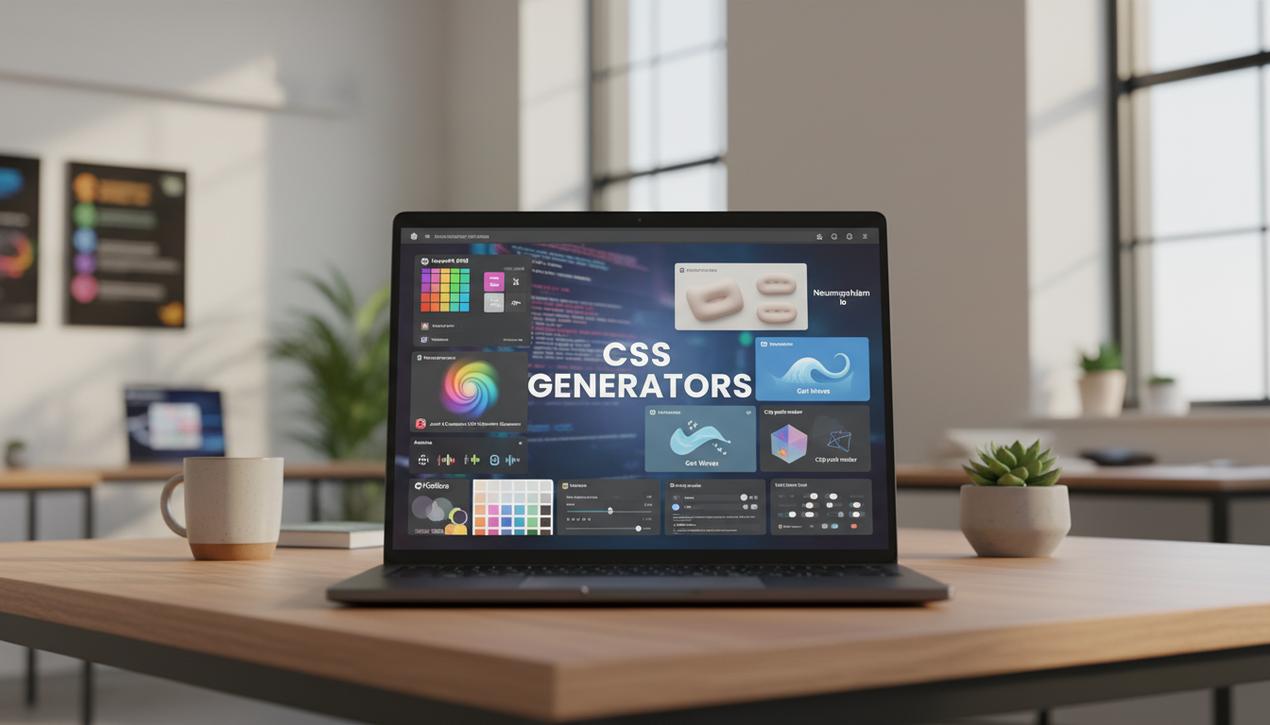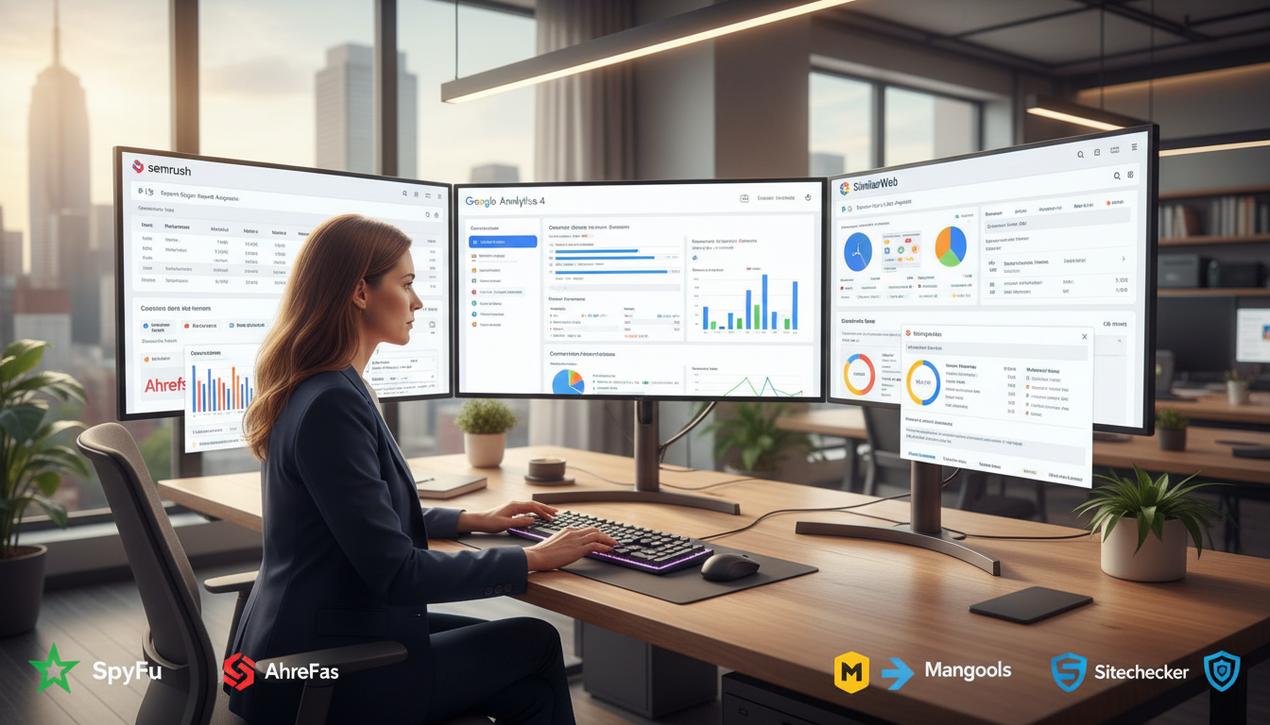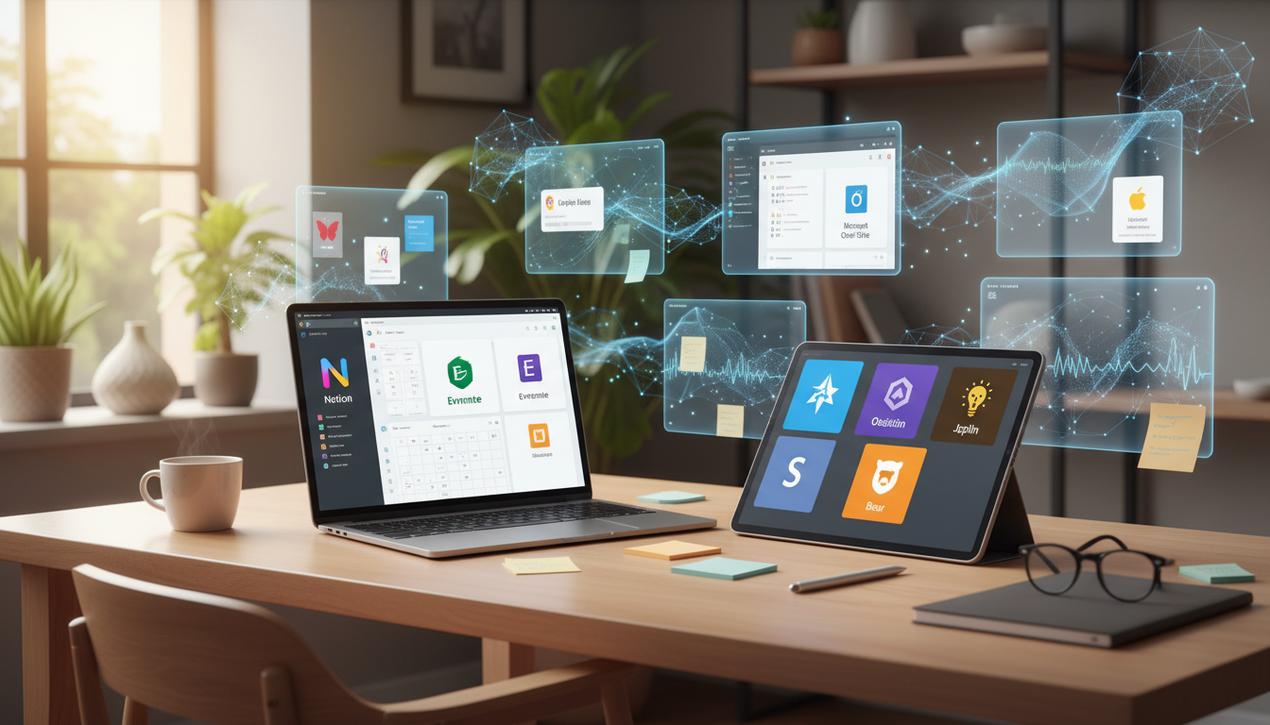Learn to Code in 2025: A Guide to the Best Platforms


In 2025, learning to code is no longer a niche skill reserved for an elite few; it’s a gateway to the most dynamic and well-compensated careers. The global demand for software developers is projected to grow by over 20% in the next five years, creating millions of new opportunities driven by the major tech evolutions shaping our world. Concurrently, the programming e-learning market has exploded, with a valuation soaring into the hundreds of billions of dollars. While this abundance of resources is an incredible opportunity, it can also be overwhelming. How do you choose the right path from thousands of online courses? Should you start with a free platform to test the waters or invest in a certified program? This article is your compass. We have analyzed and selected the 12 best platforms to learn to code in 2025, detailing their strengths, weaknesses, and the languages they offer. Furthermore, we’ll guide you on choosing the most in-demand languages and structuring your learning for maximum success.
How to Choose the Right Site to Learn Coding
Before diving into our selection of top platforms, it’s crucial to establish a strategy. The “best” site isn’t a one-size-fits-all answer; it’s the one that perfectly aligns with your personal goals, learning style, and constraints. Here are the essential criteria to consider.
Define Your End Goal
Why do you want to learn to code? The answer to this question will determine everything else. Your motivations can vary widely:
- Web Development: You want to build websites and web applications. You’ll need to focus on languages like HTML, CSS, JavaScript, and frameworks such as React or Node.js.
- Data Science & AI: You’re drawn to data analysis, machine learning, and artificial intelligence. Python will be your best friend, along with libraries like Pandas and TensorFlow.
- Mobile Development: Your goal is to create apps for iOS and Android. Swift (for Apple) and Kotlin (for Android) are the languages of choice.
- Task Automation: You simply want to optimize your work by creating scripts. Python or Bash are excellent starting points.
Free vs. Paid: A Key Trade-Off
Free platforms are ideal for exploring different languages and confirming your interest without a financial commitment. They are perfect for acquiring the fundamentals. Paid platforms, on the other hand, often provide a more structured curriculum, personalized mentorship, hands-on projects, and, most importantly, certificates recognized by employers, which can be a highly profitable investment for a career change.
The Importance of Pedagogy and Community
Each platform has its own approach. Some favor video tutorials, others interactive learning with live coding exercises, and still others project-based learning. Try different methods to see which one suits you best. Also, never underestimate the power of community. An active forum, a Discord server, or support groups can make all the difference when you’re stuck on a coding problem.
The 12 Best Platforms to Learn to Code in 2025
Here is our selection of the essential sites for learning programming, whether they are free, paid, generalist, or specialized.
1. OpenClassrooms: The Certified European Benchmark
With over a million users, OpenClassrooms is a French platform that has made a global impact. It offers hundreds of free courses for beginners. Its real strength lies in its state-recognized, degree-granting paths and apprenticeship programs, which guarantee mentorship and a clear path to employment.
2. W3Schools: The Web Developer’s Encyclopedia
Its slogan, “The World’s Largest Web Developer Site,” is well-earned. W3Schools is an invaluable and free resource for all web languages (HTML, CSS, JavaScript, SQL, PHP). The platform is simple, direct, and offers thousands of code examples with an interactive editor for live testing.
3. Codecademy: The Gold Standard for Interactive Learning
Codecademy popularized learning to code directly in the browser. With over 45 million users, its method is proven. You learn the theory and immediately apply it in the same window. The platform covers a vast range of languages like Python, JavaScript, Ruby, C++, and many others.
4. freeCodeCamp: Learn by Contributing to the Greater Good
freeCodeCamp is a non-profit organization that has already helped tens of thousands of people find jobs as developers. Its curriculum is entirely free and incredibly comprehensive. You learn by completing hundreds of hours of projects, and in the end, you apply your skills to help non-profits.
5. Coursera & edX: University-Level Quality at Your Fingertips
Founded by prestigious universities (Stanford for Coursera; Harvard and MIT for edX), these platforms provide access to programming courses taught by the world’s top professors and engineers from companies like Google and IBM. While many courses are free to audit, certifications are paid.
6. Udemy: The Superstore of Knowledge
Udemy is a massive marketplace where experts in every field sell their courses. You can find training on absolutely every language and technology imaginable. Quality can vary, so it’s essential to read reviews carefully. Keep an eye out for frequent promotions that make courses highly affordable.
7. Khan Academy: A Fun and Free Introduction
Founded by Salman Khan, this non-profit platform is perfect for absolute beginners and younger learners. It excels at teaching the basics of programming (JavaScript, HTML/CSS) through creating games and animations, all via crystal-clear video tutorials.
8. The Odin Project: The Royal Road to Full-Stack Web Development
The Odin Project is a free, open-source curriculum that guides you step-by-step to becoming a full-stack web developer. It doesn’t hold your hand; it teaches you “how to fish” by having you set up a real development environment and rely on official documentation. It’s demanding but incredibly effective.
9. Hackr.io: The Programming Course Comparison Engine
Hackr.io isn’t a learning platform itself but a course aggregator. The community votes for the best resources on a given language, allowing you to quickly find the most recommended tutorial for Python, React, or any other technology.
10. Code Avengers: Gamification for Coding
Designed to make learning fun, Code Avengers offers interactive and playful courses, especially suitable for children and teenagers, but also for adult beginners. Lessons are available in multiple languages and cover web languages as well as Python.
11. Sololearn: Learn to Code From Your Phone
Sololearn stands out with its “mobile-first” approach. The platform offers thousands of bite-sized lessons and interactive quizzes directly on your smartphone, which is perfect for learning in short bursts throughout the day. It covers an extensive range of languages.
12. LeetCode / HackerRank: Level Up Your Skills
Once you’ve mastered the basics, these platforms are essential for preparing for technical interviews at major tech companies. They offer thousands of algorithmic problems to solve, forging your logical thinking and deep understanding of data structures.
Which Programming Languages to Prioritize in 2025?
Learning is good, but learning the technologies that are in high demand is better. Here are the languages that offer the most job opportunities and the best salaries in 2025.
- Python: The undisputed king of versatility. Essential in data science, artificial intelligence, and automation, it’s also widely used for back-end web development, as detailed in our complete guide to Python frameworks. Its simple syntax makes it an excellent choice for beginners.
- JavaScript / TypeScript: The language that runs the web. Crucial for making websites interactive (front-end), it’s also highly popular on the server-side (back-end with Node.js). TypeScript, its “typed” superset, is increasingly required by companies for the robustness it brings to large projects.
- SQL: The universal language of databases. Knowing how to query, manipulate, and manage data is a fundamental skill in almost every tech role, from marketing to engineering.
- Java: Despite its age, Java remains a pillar of the corporate world, especially for native Android apps and large-scale back-end systems.
- C#: Microsoft’s language, very popular for developing Windows applications, web services with .NET, and especially for creating video games with the Unity engine.
Our Tips for Effective and Sustainable Learning
Learning to code is a marathon, not a sprint. Here are a few tips to stay motivated and make rapid progress.
1. Consistency Above All
It’s better to code for 30 minutes every day than for a full day once a month. Consistency embeds concepts in your memory and builds positive momentum.
2. Build Personal Projects
Tutorials are useful for getting started, but real skills are acquired by building something on your own. Create a website for a friend, automate a daily task, analyze a dataset you’re passionate about. You truly learn by solving real problems.
3. Learn to Search and Read Documentation
A large part of a developer’s job is finding solutions to new problems. Learn how to formulate your questions on Google, use sites like Stack Overflow, and, most importantly, read the official documentation of a language or tool. It’s the most reliable source of truth.
4. Don’t Go It Alone
Join online communities, attend local meetups, find a mentor. Explaining your code to someone else is an excellent way to check your understanding, and getting help will prevent you from being stuck for days on a frustrating problem.
The path to becoming a developer in 2025 is more accessible than ever, thanks to the wealth of online resources. By choosing a platform suited to your goals, focusing on in-demand languages, and adopting a structured and consistent learning method, you set yourself up for success. The most important thing is to take the first step: pick a site from this list, sign up, and write your first line of code today.




